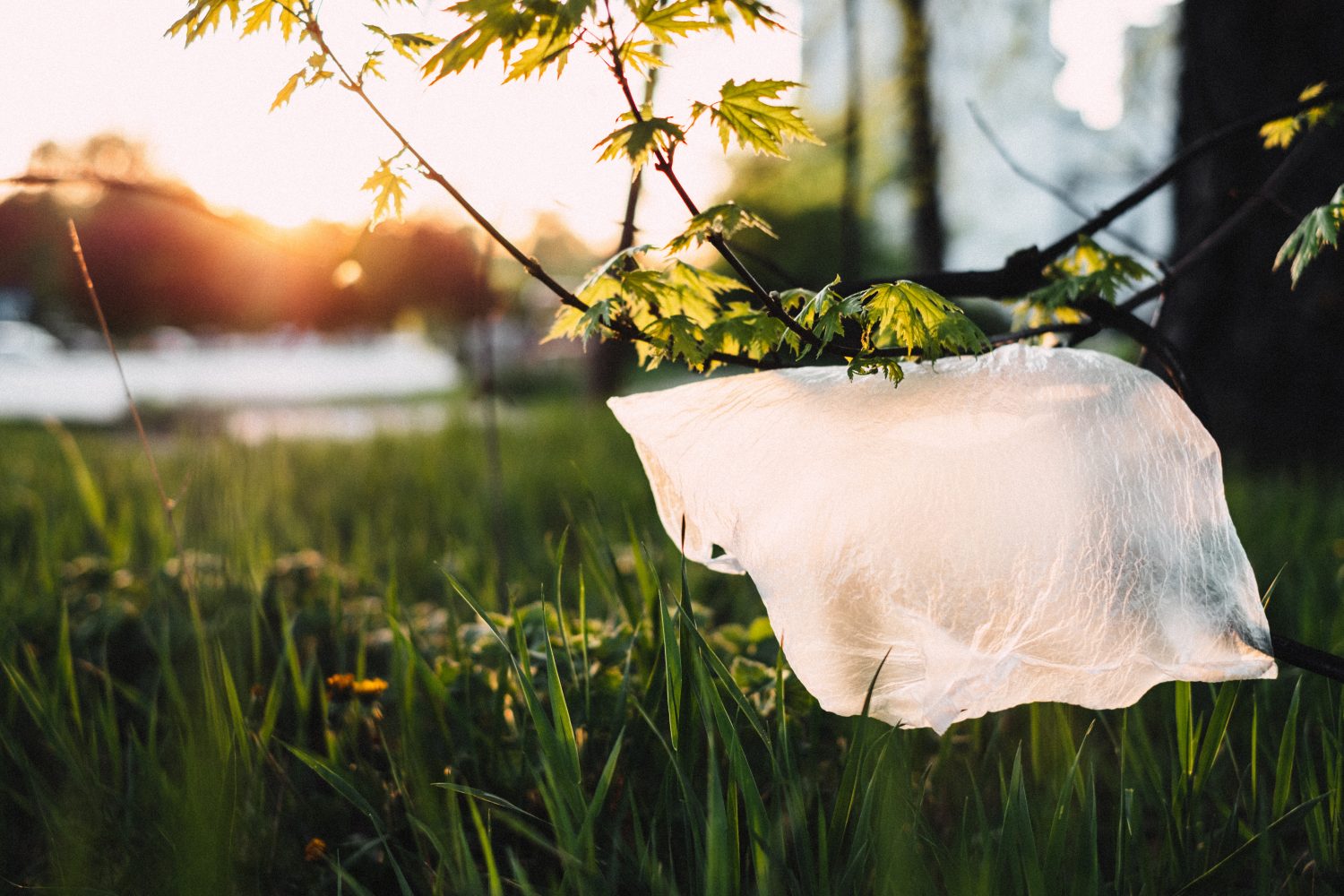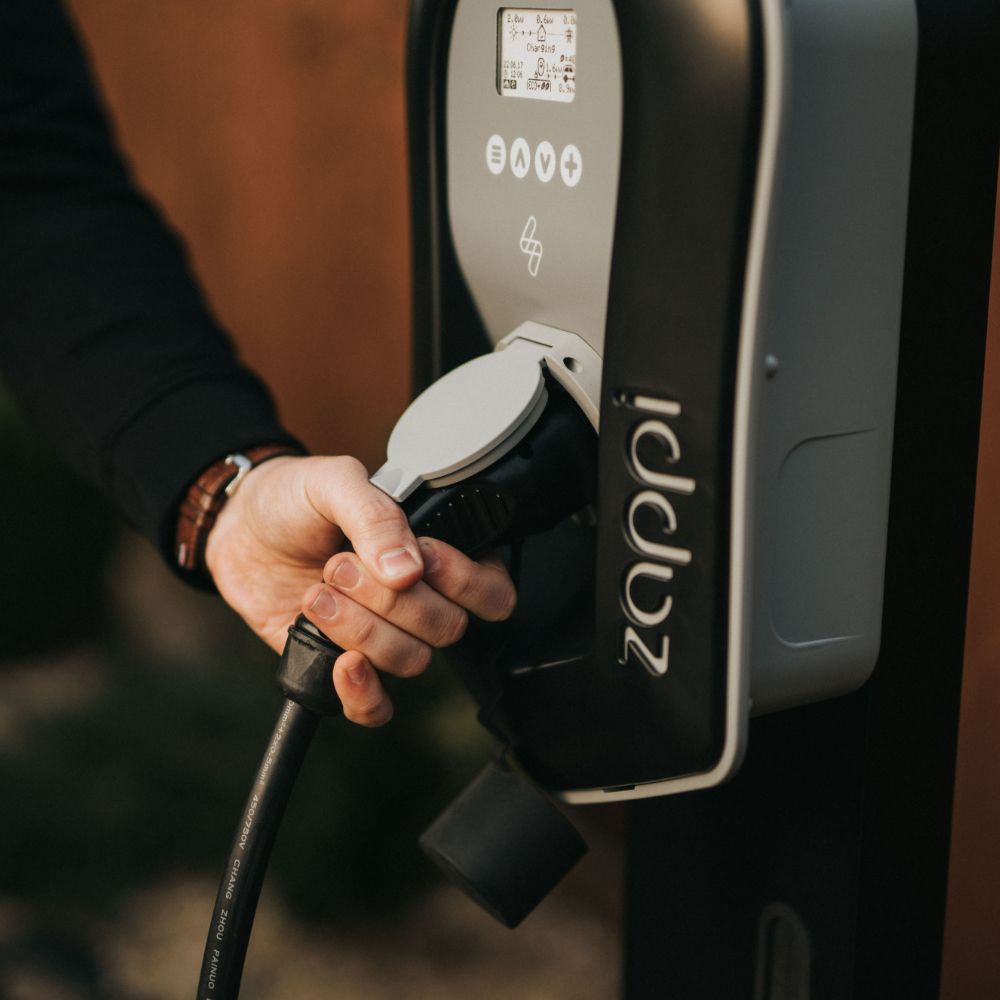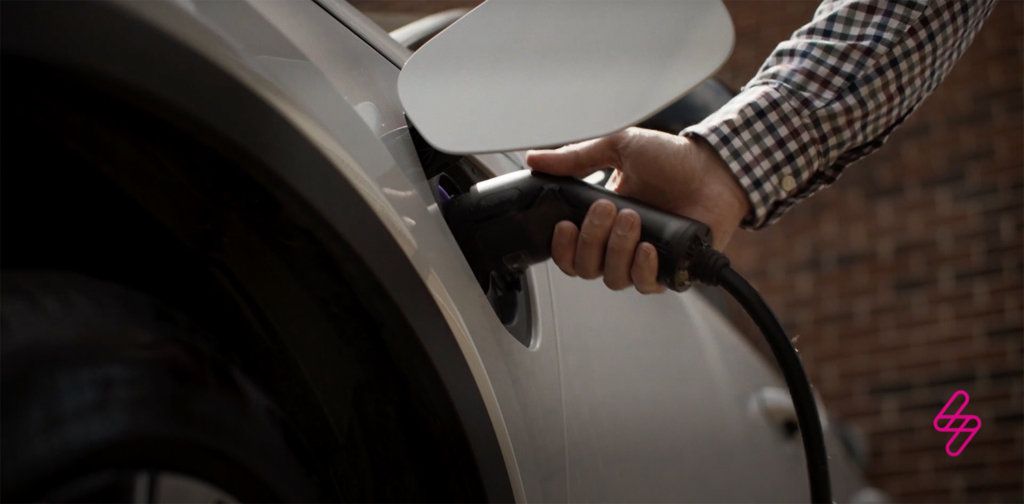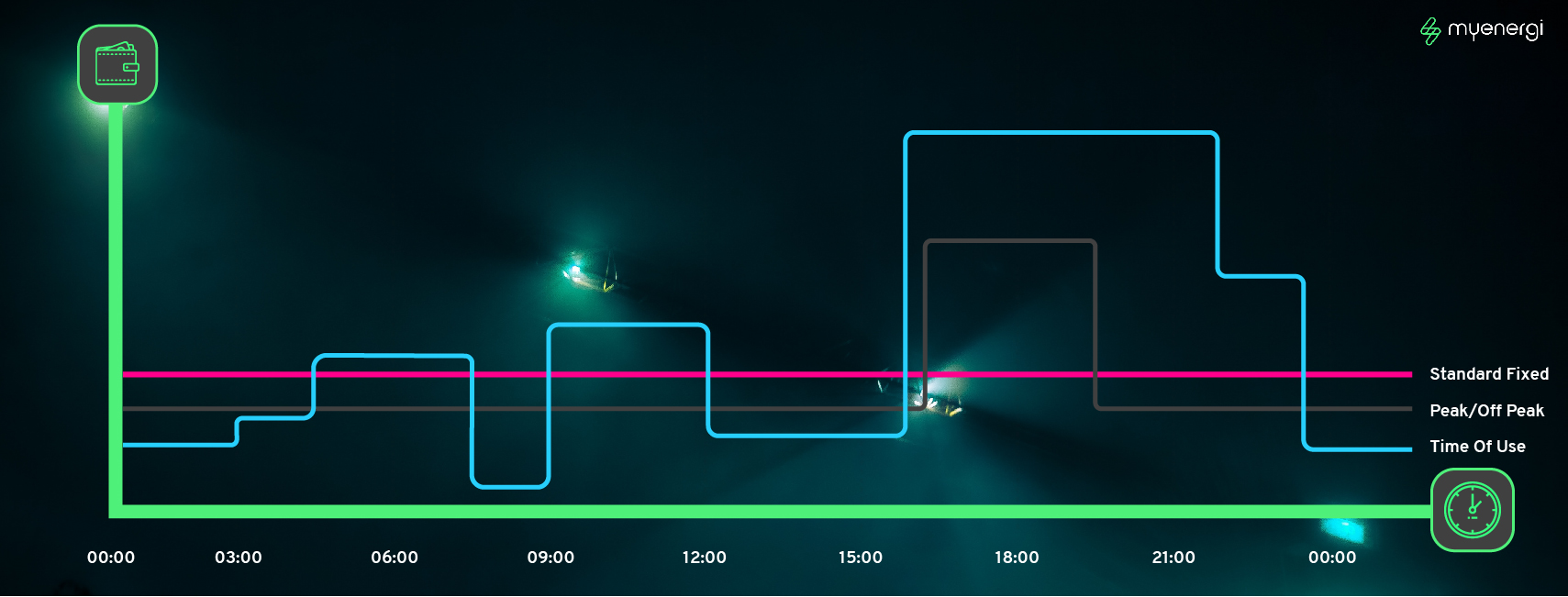In the last 60 years, the world’s annual consumption of plastic materials has increased from 5 million to nearly 100 million tonnes. The UK contributes 5 million tonnes of plastic waste every year. To put the above statistic into perspective, 100 million tonnes of plastic is the equivalent of 2 trillion 2-litre drinks bottles. So, how to reduce plastic use?
What effect does plastic waste have on the environment?
Plastic can take up to 500 years to decompose, making it one of the biggest threats to the environment. Its toxic pollutants can have a detrimental effect on land, water and air, and are a major danger for wildlife.
Greenpeace claims a “truckload of plastic enters our oceans every single minute – killing marine life and threatening precious ecosystems.” Litter, which largely consists of plastic waste, can trap and hurt organisms, animals and fish, thus upsetting not only food chains but also our economy.
Industries such as fishing, shipping and tourism have all suffered from the increase in plastic waste filling our oceans. But the damage is not limited to the seas, with plastic toxins also making their way into all water sources, including drinking water, as well as on land.
Non-recyclable plastics are a major issue for the planet. Burning these materials release toxins that leak into the environment, causing air pollution and, in some cases, respiratory issues. However, we are running out of space for landfills and dumps, which also remain harmful to animals and groundwater sources.
What we can do to stop this:
Here are a few very small and simple steps that will make hugely significant strides in reducing plastic use and pollution…
Research your recycling
Most families, according to statistics, throw away 40kg of recyclable plastic every year. While non-recyclable plastics remain a key debate, there is no reason why we should be throwing away the materials that can be reused.
It’s crucial that we take more care in checking what can and cannot be recycled to reduce the damage we are doing to the environment.
Change your drinking habits to reduce plastic waste
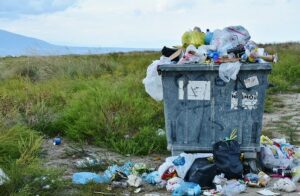 How many bottled beverages do you buy and throw away once you’ve finished drinking them? What if you had just the one bottle that you carried with you everywhere instead?
How many bottled beverages do you buy and throw away once you’ve finished drinking them? What if you had just the one bottle that you carried with you everywhere instead?
Carrying and using your own flask and bottle for hot and cold drinks is a minor change that can have tremendous benefits. The UK now has water refill stations in every town and city, making it even easier to stay hydrated without causing further pollution. Find your nearest refill station today!
Another habit to avoid is drinking from plastic straws, as these can be incredibly damaging for the environment. Straws were actually named in the top 10 items picked up on beach clean ups.
Despite being used only once for around 20 minutes, a straw’s destructive legacy lasts hundreds of years, destroying habitats and killing endangered aquatic species before they break down (they never biodegrade).
Additional changes you can make include getting your milk delivered in reusable plastic bottles – as opposed to buying pints in plastic bottles – and choosing wine bottles with natural corks, not plastic or metal caps.
Reduce plastic waste when you shop
If possible, single-use plastics are a major thing to cut out. Much like straws and plastic cutlery, excessive food packaging is one of the main preventable causes of plastic waste.
Next time you shop, aim to cut down your use of plastic by buying loose fruit and vegetables as opposed to the pre-packaged stuff. These items tend to be cheaper, fresher and better for the environment, so there’s no excuse!
Always bring reusable bags with you when shopping, too. A bag for life is a much better option for living greener and avoiding needless expenditures on plastic bags. The 5p plastic bag scheme has seen single-use plastic bag sales fall by 86% in the last few years, but more can still be done to save our planet.
Stop chewing gum and use a biodegradable toothbrush
Brits are the second biggest consumers of gum in the world, with the average UK citizen chewing approximately 130 sticks every year. Why is this so bad for the environment, you ask?
Gum is one of the largest contributors to litter, with a study finding 250,000 blobs of it on Oxford Street alone back in 2000.
Most gum is made up of a non-biodegradable, butadiene-based synthetic rubber formed from a similar plastic product as car tyres. To learn more about the effect chewing gum is having on our environment, check out Just One Ocean’s guide.
What more can we do to help the environment?
In October 2018, the Government produced its UK Statistics on Waste. This highlighted the EU target for the UK to recycle “at least 50% of household waste by 2020.”
There is plenty we can do individually and as a society to reduce our plastic waste. One small step at a time can do wonders to save our planet. Are you ready to take Greenpeace’s pledge to “put a stop to plastic pollution and keep our oceans clean”? Sign it here.
Reducing your carbon footprint and plastic waste is just the beginning. Learn how we are helping to create a sustainable future by exploring the myenergi mission.

 libbi
libbi